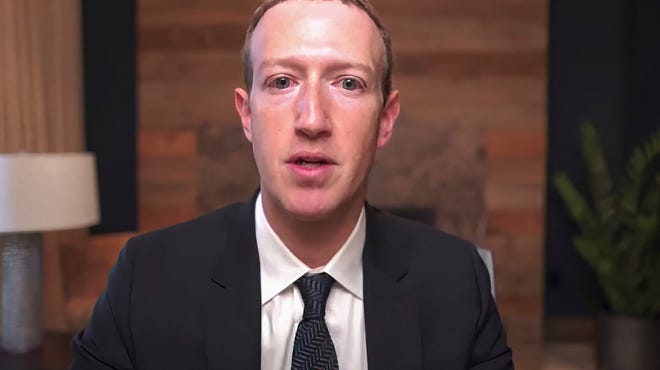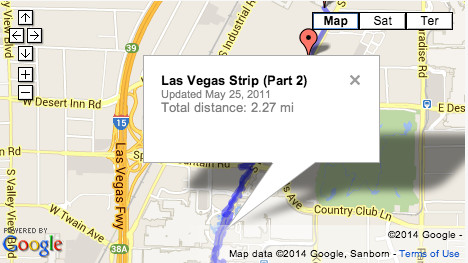CHICAGO -- A non-profit is equipping hospitals and senior care facilities with smart devices to…

Hate speech, censorship, Capitol riot, Section 230: Lawmakers slam Facebook, Google and Twitter, warn of regulation
Lawmakers slammed the leaders of Facebook, Google and Twitter for the role of their companies in the deadly Capitol attack and for failing to police hate speech, conspiracy theories, extremism and COVID-19 and vaccine misinformation on their platforms, warning that Washington is prepared to crack down.
The marathon hearing, the first since the attack and since Democrats took the White House and Congress, lasted more than five hours, as angry lawmakers honed in on everything from online censorship to the safety of children in a tense back-and-forth with executives concerned they may lose legal protections under Section 230 of the Communications Decency Act.
The decades-old law shields social media companies from legal liability for what their users post and gives the platforms broad immunity when moderating “objectionable” content.
“Self-regulation has come to the end of its road,” Rep. Jan Schakowsky, a Democrat from Illinois, told Facebook’s Mark Zuckerberg, Google’s Sundar Pichai and Twitter’s Jack Dorsey.
Rep. Bill Johnson, a Republican from Ohio, said: “This hearing marks a new relationship between all of us today. There will be accountability.”
Angie Craig, a Democrat from Minnesota, remarked: “This panel has done something truly rare in Washington these days: It has united Democrats and Republicans. Your industry cannot be trusted to regulate itself.”
Here are some of the key moments from Thursday’s hearing:
Facebook and Google dodge blame for deadly Capitol riots
Dorsey was the only tech CEO to acknowledge that his platform played a role in the deadly Capitol attack.
Asked by Rep. Mike Doyle, a Democrat from Pennsylvania, whether Twitter bore “some responsibility for disseminating disinformation related to the election and the Stop The Steal movement that led to the attack on the Capitol,” Dorsey responded “yes.”
“But you also have to take into consideration the broader ecosystem,” he said. “It’s not just about the technological systems that we use.”


This Post Has 0 Comments